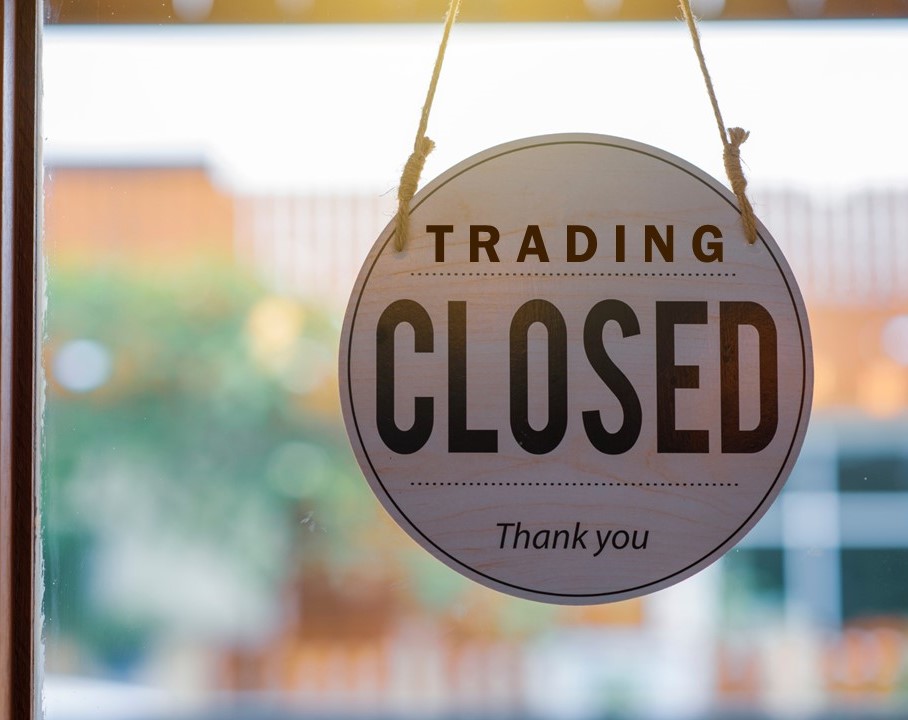In this blog post, learn why trading window closures are critical in promoting fairness and preventing insider trading, as well as how they can impact investors. Explore the regulations and frameworks from SEBI. Read on to know more!
Introduction
In the world of finance and investing, the concept of a “trading window closure” is becoming increasingly important. Trading window closures ( Blackout Period )are a regulatory requirement that must be followed by all publicly traded companies to ensure fairness, transparency, and prevent insider trading. To prevent inadvertent trades during a company’s Blackout Period, SEBI has introduced a circular to freeze the PAN of designated persons. These guidelines, identify all individuals in a listed entity with access to unpublished price-sensitive information as designated persons (DPs).
Trading Window Closure Basics
Trading window closures refer to a period during which insiders, including employees and executives, of a publicly traded company, are prohibited from buying or selling company stock. This period is typically established by the company’s board of directors or compliance department and is intended to prevent insiders from taking advantage of non-public information to make profitable trades.
Importance of Trading Window Closures
Trading window closures (TWC) serve several important purposes, including preventing insider trading, ensuring fairness and transparency, and meeting legal and regulatory requirements.
One of the most significant benefits of trading window closures is preventing insider trading. Insider trading occurs when someone with access to non-public information about a company uses that information to make profitable trades. By preventing insiders from trading during specific times, trading window closures ensure that all investors have access to the same information and prevent insiders from taking advantage of their positions.
Additionally, trading window closures help promote fairness and transparency in the market. By limiting the ability of insiders to trade, trading window closures create a level playing field for all investors. This promotes market integrity and investor confidence in the financial system.
Furthermore, trading window closures are a legal and regulatory requirement for publicly traded companies. Companies that fail to comply with these regulations may face serious consequences, including fines and legal action.
How Trading Window Closures Affect Investors
Trading window closures can have a significant impact on investors. During these periods, insiders are unable to buy or sell company stock, which can impact the supply and demand of the stock and affect its price.
For example, if a company’s financial results are better than expected, but insiders are unable to trade due to a trading window closure, the stock price may not reflect the positive news until the trading window reopens. Similarly, if insiders can trade before negative news is released, they may be able to profit from the decline in the stock price.
SEBI’s Circular on Trading Window Closure
Insider trading can give certain individuals an unfair advantage over the general public when it comes to trading in securities of a listed entity. To level the playing field, the Securities and Exchange Board of India (SEBI) has introduced a concept called the Blackout Period (TWC), during which designated persons (DPs) are restricted from trading in securities of the listed entity.
However, there have been instances where trades were inadvertently executed during the Blackout Period, resulting in penalties being levied on the DPs. This will create a symmetry of information in the market and ensure fair play for all investors.
Navigating The Trading Window Closure
The role of the Compliance Officer in Trading Window Closure is crucial to maintain the integrity of the financial markets. Here are the key responsibilities of the Compliance Officer in this regard:
Closing The Trading Window
The Compliance Officer is responsible for closing the trading window if a designated person can reasonably be expected to have possession of Unpublished Price Sensitive Information (UPSI). This ensures that any material information is not leaked before being made public.
Restricting Trading
The Compliance Officer ensures that trading is restricted from the end of every quarter until 48 hours after the declaration of financial results. This helps prevent insider trading by limiting the ability of individuals to act on material information before it is made public.
Narrowing the Gap
To prevent the leakage of material information, the Compliance Officer must ensure that the gap between clearance of accounts by the audit committee and the board meeting is as narrow as possible and preferably on the same day. This ensures that any material information is not leaked during the time gap between the audit committee and board meeting.
Timing for Re-opening
The Compliance Officer is responsible for determining the timing for re-opening the trading window. The re-opening cannot occur earlier than forty-eight hours after the information becomes generally available.
Process: Ensuring compliance therefore requires the organization to track elements that require closure of trading window, the persons to whom such closure applies, record reasoning for such closure, intimate persons impacted by the closure, maintain evidence of such intimations for audit purposes, manage the re-opening of the windows closure and manage any requests received in the course of the closure. Closure of trading windows that meets all these elements is a must for any robust compliance management system for prevention of insider trading.



